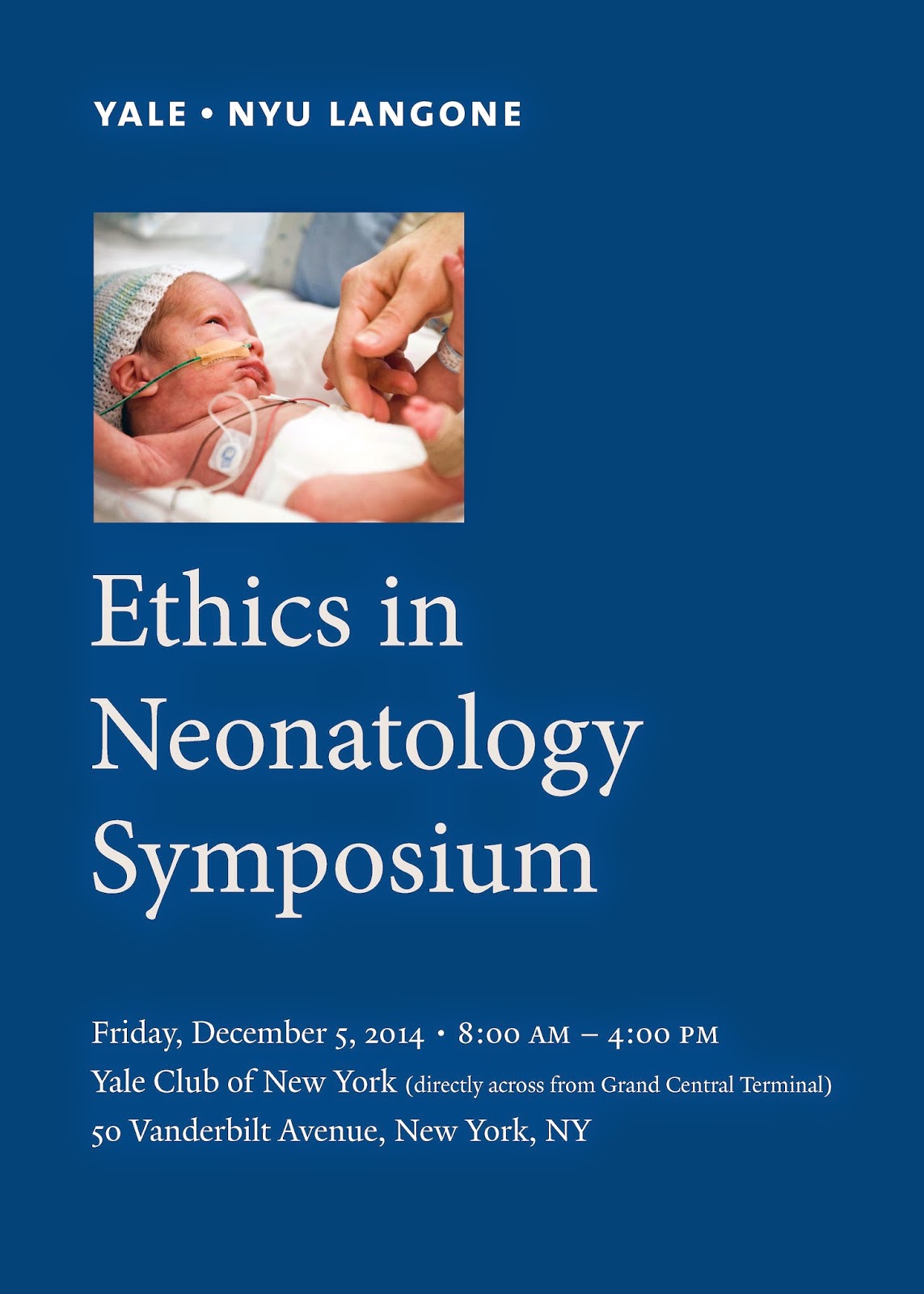1) The BEST WAY to Say Goodbye—if living with pain or dementia.
This video portrays poignant stories of patients that illustrate the need for diligent, strategic Advance Care Planning:
Robin Williams: Was a “key factor” in his decision to commit suicide experiencing hallucinations or other symptoms of early Lewy Body Dementia? Might he have suffered from the “Dementia Fear”?
Brittany Maynard: She admitted this “did not seem like the right time” but then died a few days later. She feared cancer would take away her autonomy: “The worst thing that could happen to me is that I wait too long.” Where there issues she could have worked on to reduce her current suffering, so she could decide to live longer?
Meryl Comer: As her husband’s caregiver, she considers herself a “POA” (Prisoner of Alzheimer’s). Dr. Gralnick was diagnosed 20 years ago. Yet no professional has ever advised Ms Comer about the ethically accepted method of “Substituted Judgment” to make end-of-life decisions. The new “Consensus of Substituted Judgment” method strives to be more accurate, less stressful, and its protocol has built-in, a way to deal with family conflicts.
Margaret Bentley: Neither the administrators of her residential care facility nor the court would HONOR the instructions she made in her Living Will, even though they were consistent with the requests made by her husband and daughter—her proxies/agents. Her sad story shows why DILIGENCE is necessary when completing a written Living Will.
Casey Kasem: His final weeks were plagued with pain and family conflict. The misery of his last chapter of life might have been avoided had he used his (famous) voice to make a strategic audio or video recording on which he stated what he wanted and explained why.
Gillian Bennett: Was her suicide premature and motivated by the “Dementia Fear”? Would she have decided to live longer if she had known about, and had confidence in a strategic plan to implement Natural Dying—AFTER she reached the stage of Advanced Dementia?
Sadly, many people are led to believe they have ONLY two options: premature dying (so they lose some joyful life) OR prolonged dying (so they are forced to endure more suffering longer). A third option makes premature dying unnecessary, sad, and tragic: Diligent, strategic Advance Care Planning.
This one-hour video can be viewed in two parts. Part 2 begins at minute 36. It includes:
- What is Natural Dying and why is it a peaceful and moral way to die?
- How can you complete a clear, specific Living Will by making “one decision at a time”?
- How can you set up a strategy to feel confident you will get relief from end-of-life pain?
- What can you do to relieve the prolonged suffering of a loved one who now lives with Advanced Dementia—if he never completed a clear and specific Living Will?
2) Lost, NOT found in Alzheimer’s—important, timely & relevant lessons in Meryl Comer’s revealing book:
“Slow Dancing with a Stranger—Lost and Found in the Age of Alzheimer’s” is inspiring, informative, and above all, honest. It shines a bright light on the dark side, to allow readers to learn what is important, timely, and relevant. It can motivate readers to complete their own diligent Advance Care Planning, if they ever reach the stage of Advanced Dementia. It also demonstrates the urgent need for broader education so that people are informed about end-of-life options that are legal and moral—if their loved one did not previously complete a clear and specific Living Will.
Three events had potential to dramatically change the lives of two people in their prime. Emmy-award winning journalist, Meryl Comer as the "POA"--"Prisoner of Alzheimer's" and her afflicted with dementia husband, Harvey Gralnick, the former head of oncology and hematology at the National Institutes of Health. These events were:
(1) Not receiving an accurate diagnosis promptly;
(2) Not receiving a realistic potential prognosis; and,
(3) Not receiving information and advice so the POA would know how to implement the ethically accepted standard of “Substituted Judgment method” that she needed, to make a difficult end-of-life decision.
WITHDRAWING hand-feeding/drinking but still offering (that is, NEVER WITHHOLDING) the vital substances of food and fluid can be clinically and ethically appropriate to reduce prolonged and intense suffering of Advanced Dementia patients. Such actions can also be considered consistent with the Principle of Proportionality.
3) Must we all die with forced hand-feeding in Advanced Dementia? Will others honor our Living Will?”
Initially, this PowerPoint presentation was given to the American Society for Bioethics and Humanities annual meeting in October, 2014. This video has a revised, updated audio.
Dementia (Alzheimer's) presents huge challenges. In the advanced stage, the goal to sustain life may conflict with the goal to relieve suffering.
Margot Bentley completed a strongly worded Living Will because she was adamant: She did NOT want to suffer a long time in Advanced Dementia. She also appointed her warriors: her husband and daughter —to make sure her wishes would be honored.
Sadly, her plan did not work. She has now been forced-fed for three years.
What can we learn about from her experience?
 The Florida Bar included this question on its examination for attorneys seeking certification in health law.
The Florida Bar included this question on its examination for attorneys seeking certification in health law.
































